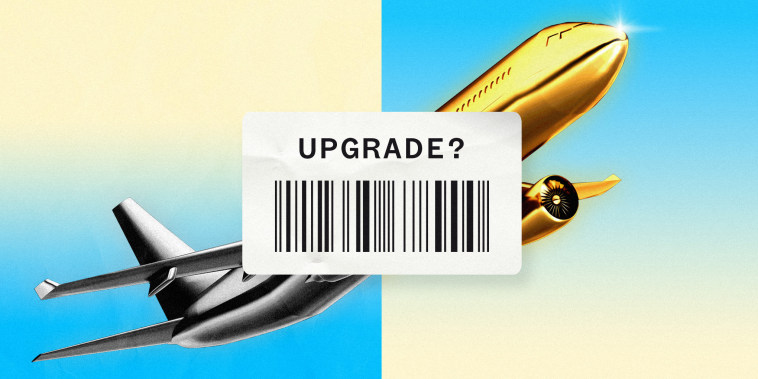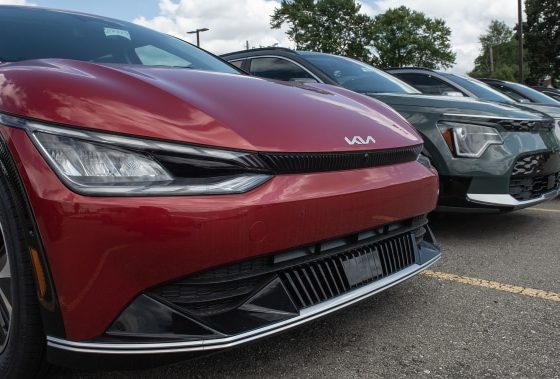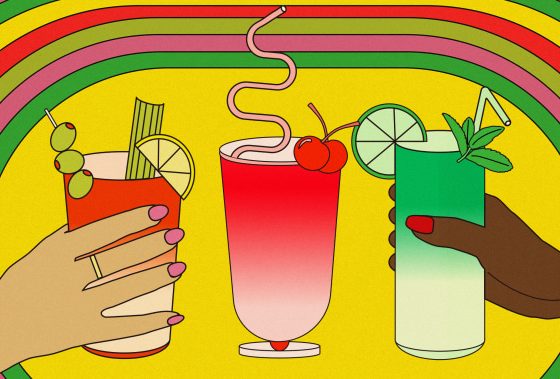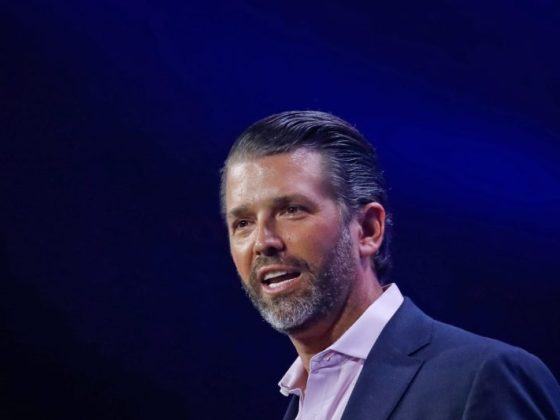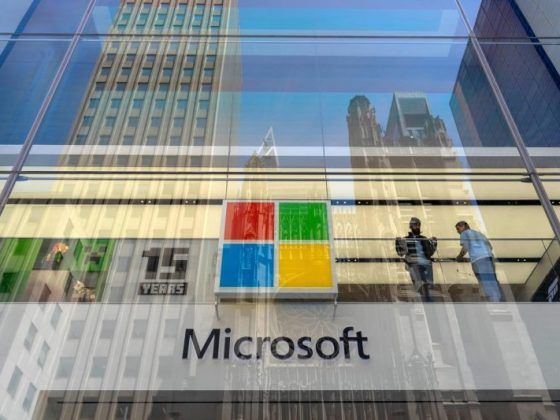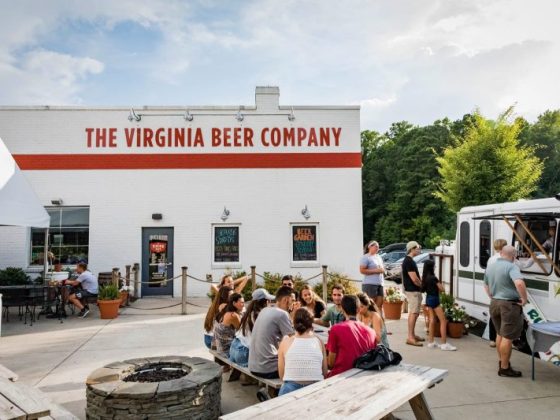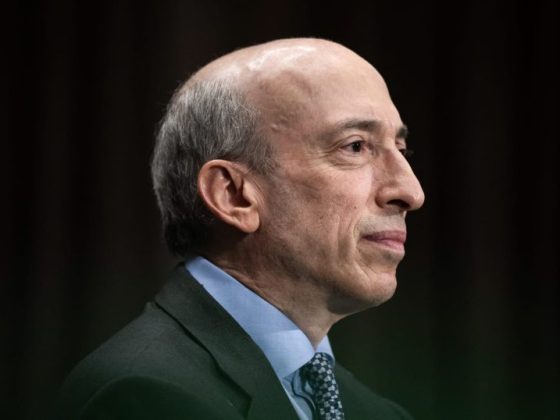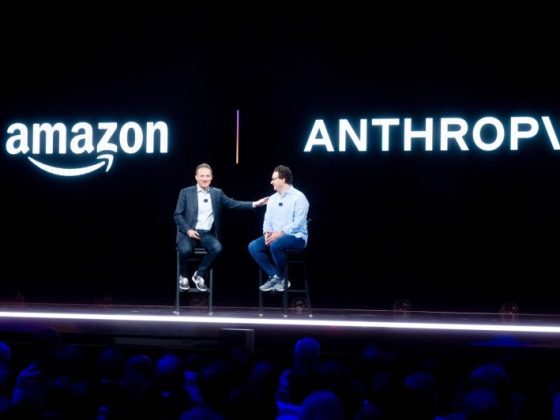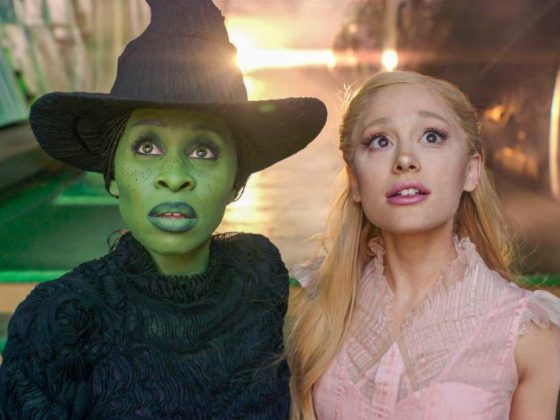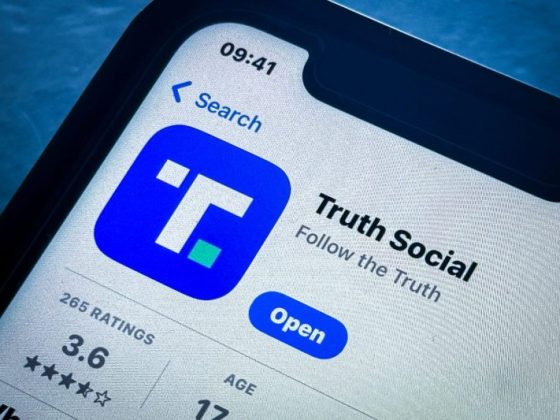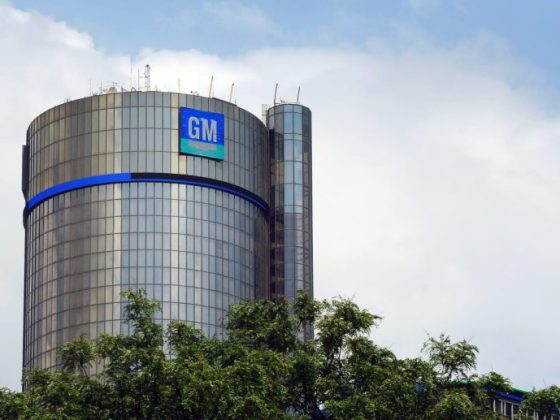The travel industry, like many other sectors, has been disrupted by the digital renaissance we’ve been witnessing for several years now. In this era of digitization, travel companies have focused on offering personalized experiences to their clients, with the premium services sector receiving considerable attention. This focus on upscale experiences is based on the simple premise of ‘Would you like to upgrade?’ And while the question is simple, the impact on the clientele and the industry at large is anything but.
Several brands are investing heavily in the premium services sector, conscious of the fact that the modern consumer is experience-oriented and values comfort above all. The market for luxury tourism was already on the rise before the pandemic and despite the economic downturn, it is expected to rebound stronger. But it’s not just luxury travel, even other forms of travel are offering premium upgrades for a price.
So, what do these premium experiences entail? As consumers, when we hear the word ‘premium’, we imagine superior quality, exceptional service, and exclusive benefits. And this is precisely what travel brands offer when they urge you to upgrade. This can range from a typical airline upgrade, which offers added legroom, priority boarding, and enhanced meal services, to hotel upgrades that entail access to exclusive lounges, or even holiday packages that promise a more immersive experience.
However, it is important to clarify that the premium services are not only about extravagant offerings. Often, they integrate practicality into the mix, such as flexible cancelations, last-minute rescheduling, priority customer service lines, etc, which forms a significant part of the perceived value for many consumers. This focus on flexibility and customer service has become even more critical in the wake of the global pandemic, as uncertainty regarding travel restrictions and personal health continues to create demand for such services.
Another factor that has intensified the desire for premium services is the ever-increasing role of technology in travel. From virtual reality previews of the locations and accommodations to AI-powered travel assistants, technology today enables brands to offer a taste of premium even before the journey begins. This integration of technology has dramatically transformed the perceptions about premium travel, making it less about unnecessary opulence and more about providing meaningful and engaging experiences.
However, the key question remains – are customers ready to pay the price for the upgrade? The answer, while initially thought to be a clear ‘no’ given the economic challenges we all face, has been surprisingly positive. While some consumers may hesitate to pay additional fees, many still recognize the value these enhanced experiences bring. The desire for comfort, flexibility, and exclusivity seems to outweigh the economic factors. This indicates a shift in consumer behaviour, where people are willing to invest in experiences that make their travel more comfortable and enjoyable.
Overall, the ‘Would you like to upgrade?’ approach employed by travel brands is not just a revenue-generation strategy, but a recognition of evolving consumer behaviour and expectations. As customers, having a premium option provides us with a choice and a certain level of control over our travel experience. While the financial aspect can’t be overlooked, these offered upgrades create a value proposition that goes beyond just monetary value. It’s about perceivable advantages, and the enriching experiences and peace of mind these premium services provide.

